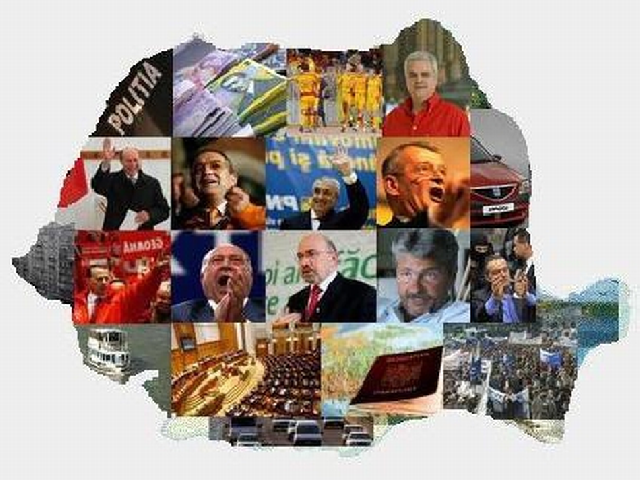The Romanian prime minister attends UN General Assembly
session
Romania fully acknowledges the joint responsibility for
managing the large refugee flow, said prime minister Dacian Ciolos at the UN
Summit for Refugees and Migrants. This was the first such summit held by the
United Nations, as part of its annual General Assembly meeting. In his address,
the Romanian prime minister pointed out that Bucharest would step up efforts to
meet global challenges like poverty, climate change, terrorism and conflicts, in
the spirit of international solidarity and joint responsibility. Dacian Ciolos
also spoke about Romania’s active contribution to the peacekeeping efforts,
saying that Romanian police and military troops are currently taking part in
peacekeeping operations. He also said his country was in favour of further
supporting the reconciliation process in the Middle East and explained that
Romania would continue to provide substantial political, diplomatic, financial
and human resources to maintaining regional and global stability.
The government issues report on
Romania’s economy
Right before leaving for the US, prime minister Dacian
Ciolos presented Parliament with a report on Romania’s economy. The economic
growth rate estimated for this year is 4.8%, as compared to an earlier forecast
of 4.2%. In short time it has been in power, Romania’s technocratic government
has tried to ensure an investment-friendly economic environment and an
efficient and transparent way of managing public funds. The 5.2% growth rate of
the first half of the year has translated into more jobs, a lower unemployment
rate and higher salaries, Dacian Ciolos also said. He announced that a state
aid scheme to support small and medium enterprises would be implemented by the
end of the year. The Government is also working on a reform of the social
security system and on tax facilities for those who invest in professional
training. In other economic news, the French carmaker Renault will move some
production of its Dacia Logan MCV model from its plant in Mioveni, southern
Romania, to the one in Tangiers, Morocco. This will free up capacity to build
more Duster cars, which are in high demand in Europe.
Romanians protest
against corruption in their country
Thousands of people protested on Thursday and Friday in
Bucharest and several other major cities across Romania against the Senate’s
decision to halt a manslaughter investigation targeting the former Interior
Minister Gabriel Oprea, after a police officer escorting him died in a motorcycle
accident. During the rally in Bucharest, protesters demanded justice and said
no one should be above the law. Early this week, the Senate voted against
lifting Gabriel Oprea’s parliamentary immunity. However, against the backdrop
of controversies over the result of the vote, on Friday, the former minister
announced he would step down from the position of Senator. Earlier, Romania’s
President, Klaus Iohannis, said that decisions like the one made by the Senate
in Oprea’s case proved that a parliamentary reform, with the renewal of the
current political class, was necessary.
Klaus Iohannis: In my opinion, we will not be able to
change things until we have untainted, dedicated people into Parliament. I do
not wish to be misunderstood. I have nothing against anybody, but in politics
whoever has a problem needs to understand that they cannot move on until that
matter is clarified.
Three babies die in measles epidemics
Parents’ refusal to have their children vaccinated
against measles and the irresponsible campaigns against child immunization have
had their consequences: according to official data released by the Healthcare
Ministry in Romania this week, 3 infants died and nearly 700 got sick in the
first 8 months of the year, as compared to only 7 confirmed cases and no deaths
last year. In other words, Romania is facing a measles epidemic. Consequently,
the Ministry announced it would continue to raise people’s awareness of the
benefits of vaccination.
Laurentiu Colintineanu: The various campaigns that have been
conducted are indeed a problem we cannot ignore and the Healthcare Ministry
intends to run an awareness raising campaign on the benefits of vaccination in
the very near future, in the next few weeks more precisely, because children’s
safety and health are a priority.
The most affected areas are the west and the central
part of Romania, but measles cases have been reported in over half of the
counties.
Timisoara is awarded title of European
capital of culture in 2021
Timisoara has been designated European Capital of
Culture in 2021 by an international jury. Upon learning the news, the mayor of
this western Romanian city, Nicolae Robu, described this a great teamwork
victory.
Nicolae Robu:
This is very, very exciting news for me. I’m also very happy, as I am sure all
my fellow citizens of Timisoara are. I would like to thank the local community
for the efforts they have made, the skills they put into the service of this
project and their unflinching support, because this is the victory of a team,
of a great team, namely community of Timisoara as a whole.
In separate cultural news, the only international
symphonic music festival devoted to radio orchestras, RadiRo started on Friday
in Bucharest. Hosted by Radio Romania, the 9-day long festival includes
performances by highly respected radio orchestras, conductors and soloists.

